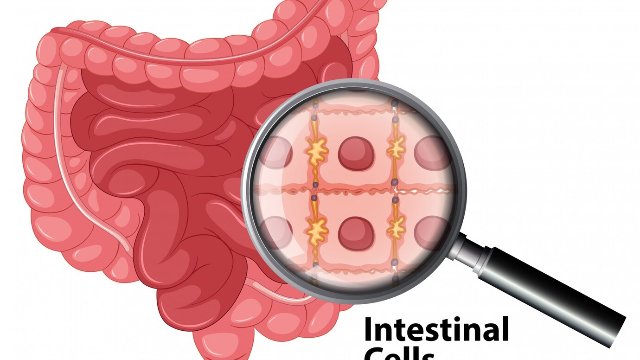Colorectal cancer refers to malignant tumors that occur in the colon and rectum, also known as colorectal cancer. According to the latest statistical data of relevant institutions, the incidence rate of colorectal cancer ranks second in malignant tumors and the mortality rate ranks fourth. Since 2000 to 2016, the incidence rate and mortality of colorectal cancer have shown an upward trend.
In fact, in the early stage of colon cancer, our bodies will show some signals to warn us. When the following symptoms occur, we should pay attention!

Hematochezia
Blood in stool is the earliest and most common manifestation of colorectal cancer, mainly because it is easy to cause bleeding after friction between stool and tumor. Patients with mild symptoms only occasionally have a small amount of bleeding, while patients with severe symptoms may have mucous bloody stool, mucous purulent bloody stool or bloody stool.
Changes in stool habits
Patients may have increased stool frequency without obvious inducement in a short time or constipation and diarrhea may occur alternately. With the aggravation of the disease, it will also cause changes in the shape of stool, such as stool thinning or defecation like water.
Abdominal pain and distension
With the growth of the tumor, the patient's abdomen will feel distension and pain, showing intermittent dull pain, and the pain in the late stage will be prolonged and gradually aggravated.
Abdominal mass
The lump is generally hard and can be pushed. Generally, patients with right colon cancer and obvious weight loss are more likely to touch the mass.

Intestinal stenosis and obstruction
When the colorectal cancer tumor progresses to a certain extent, the intestinal cavity will become more and more narrow with the increase of the tumor. The tumor may completely block the intestinal cavity, and food and feces cannot pass through the intestine normally, causing tumor intestinal obstruction.
Systemic symptoms
The patients with advanced colorectal cancer will have some systemic symptoms due to long-term chronic consumption of disease due to emaciation, fatigue, anemia and anorexia of unknown causes.
Cancer prevention and treatment should be carried out as early as possible. Everyone is the first responsible person for their own health. Early prevention, early detection, early diagnosis and early treatment should be achieved.





